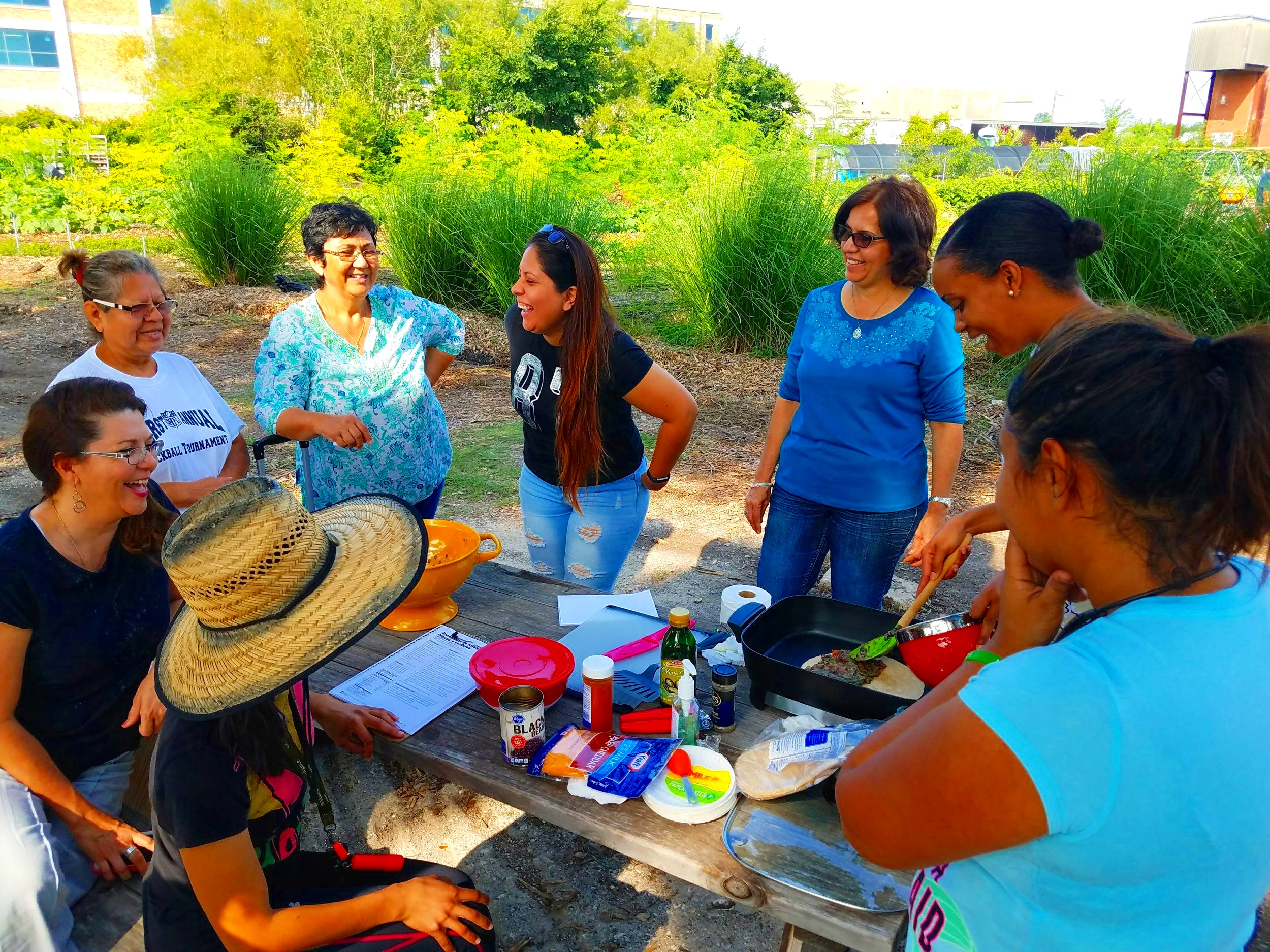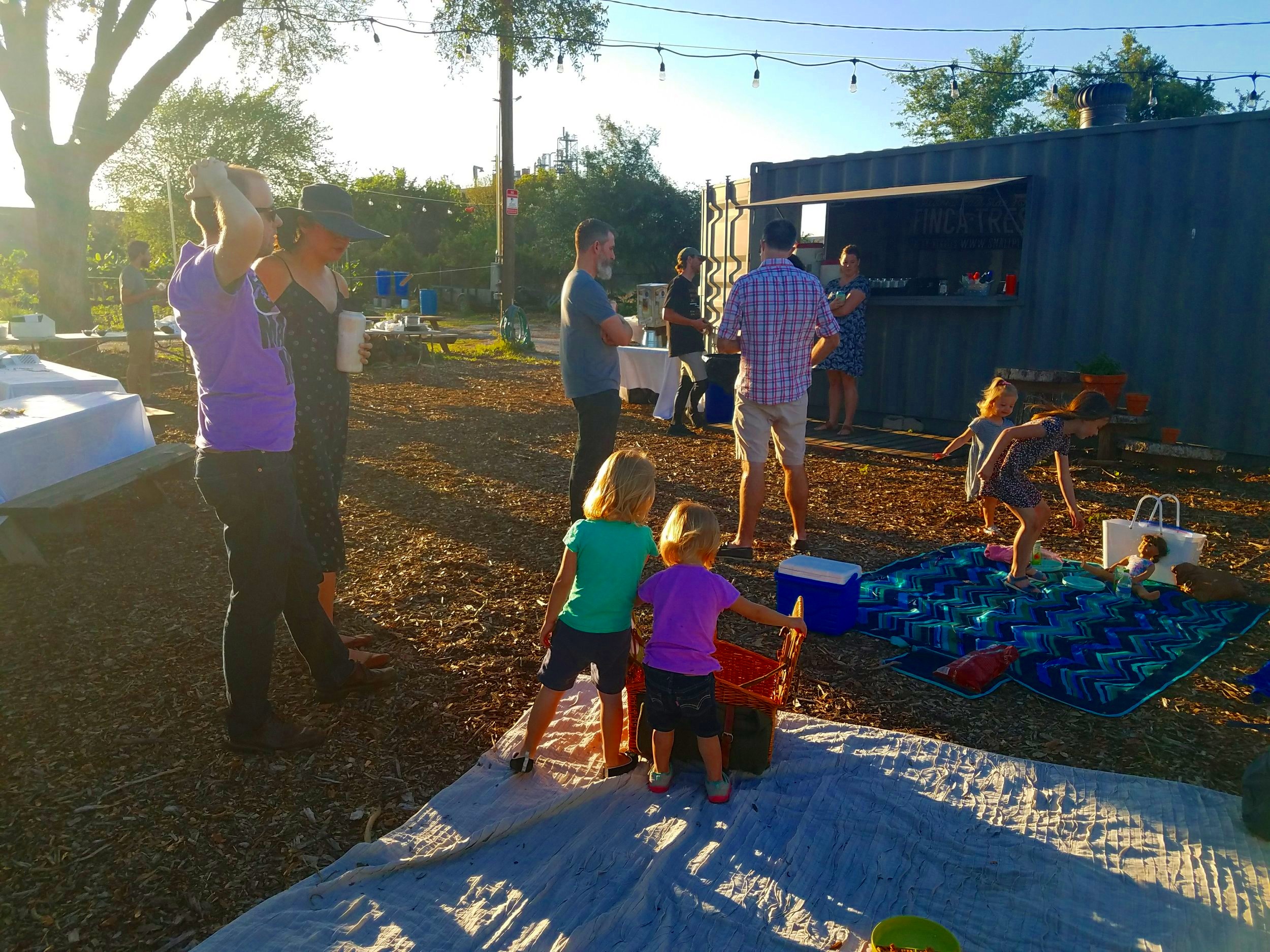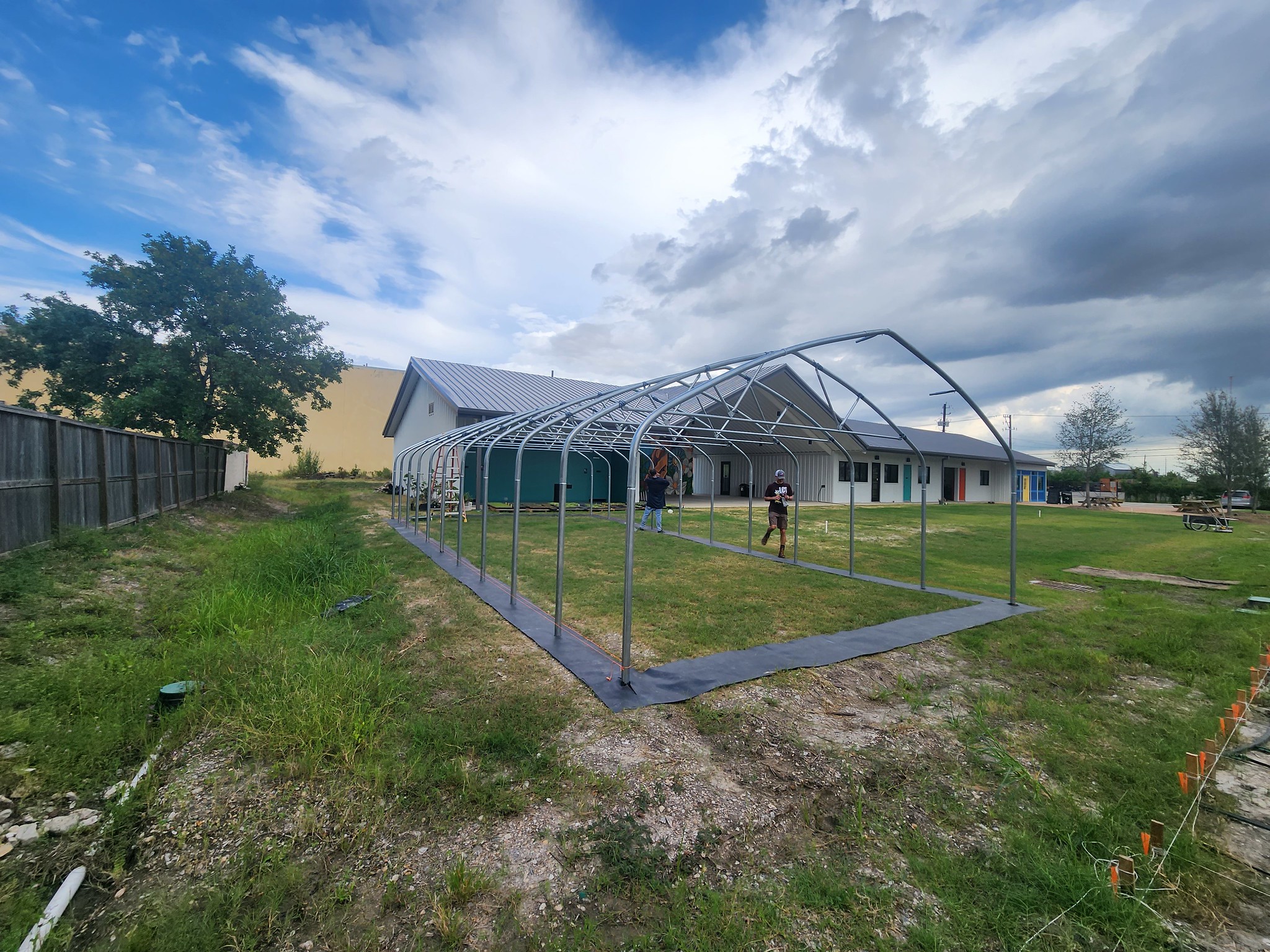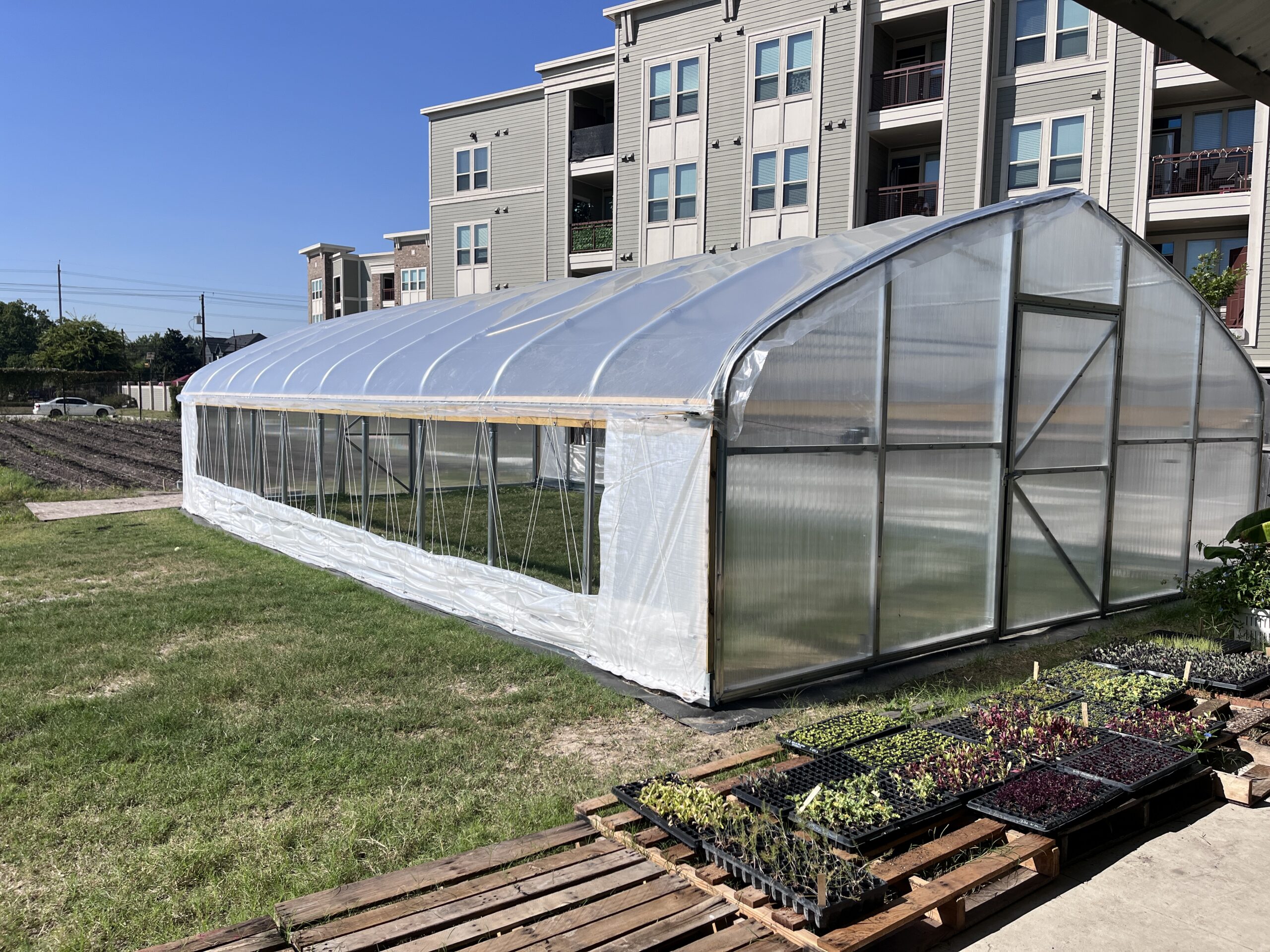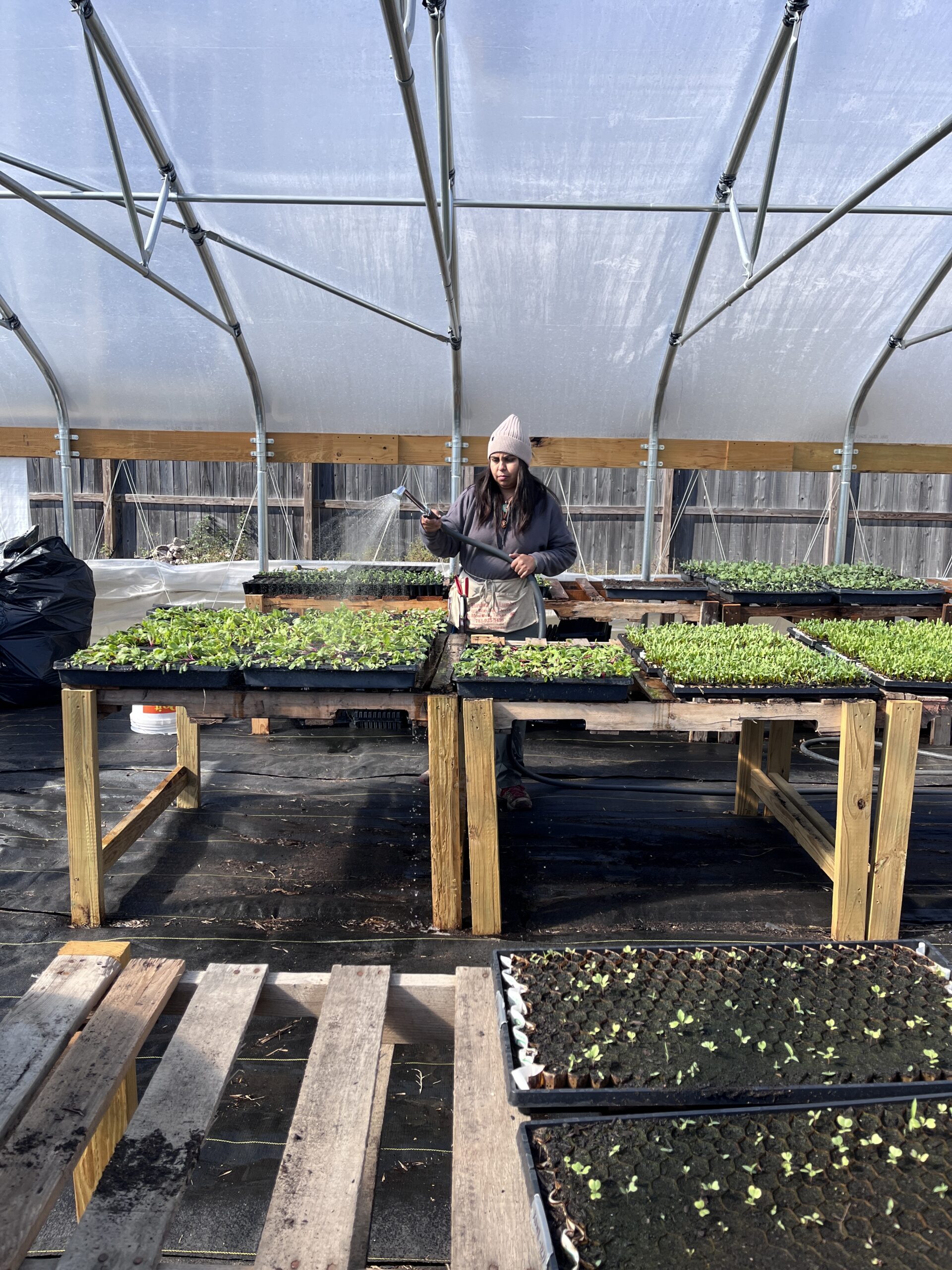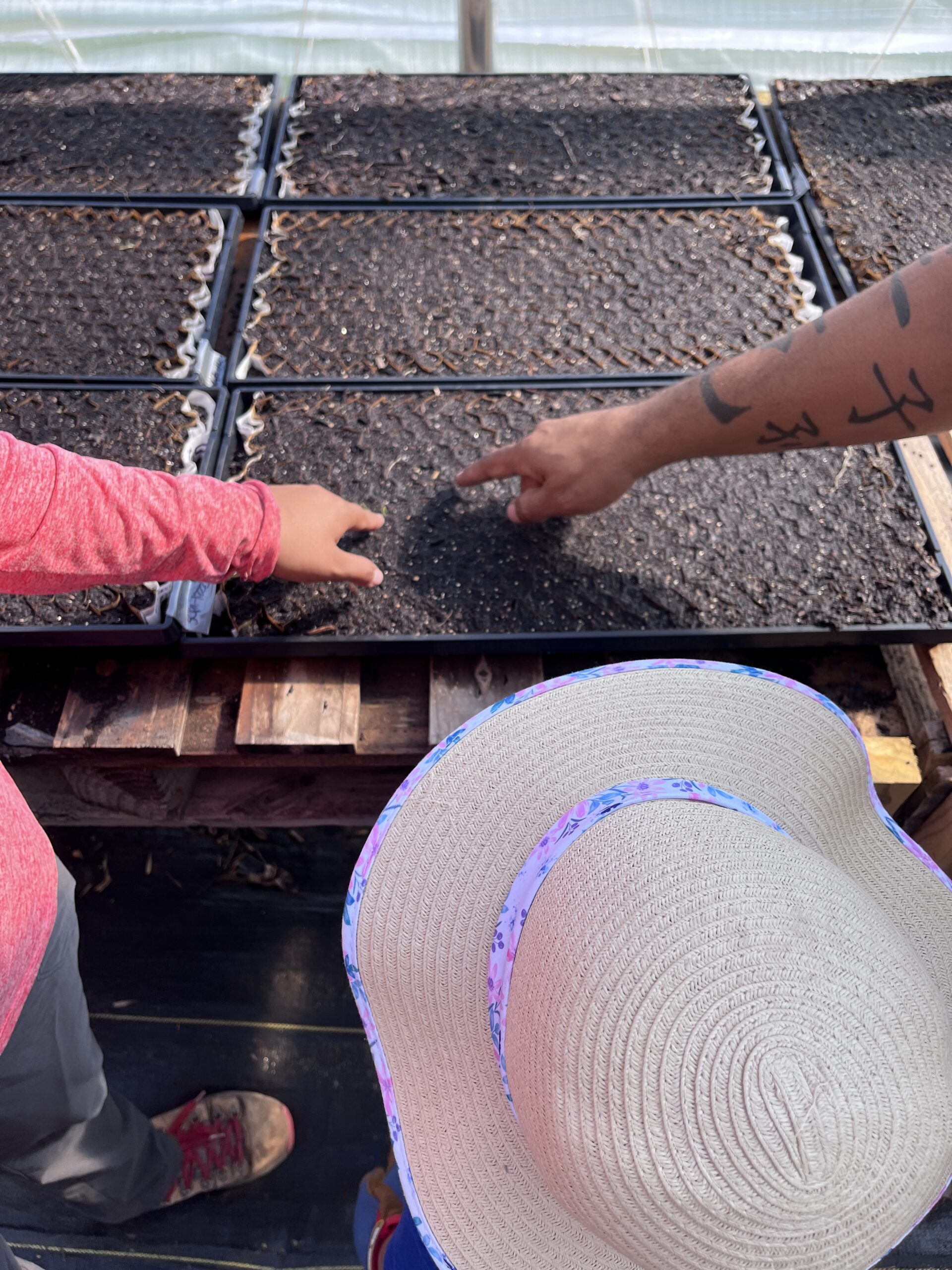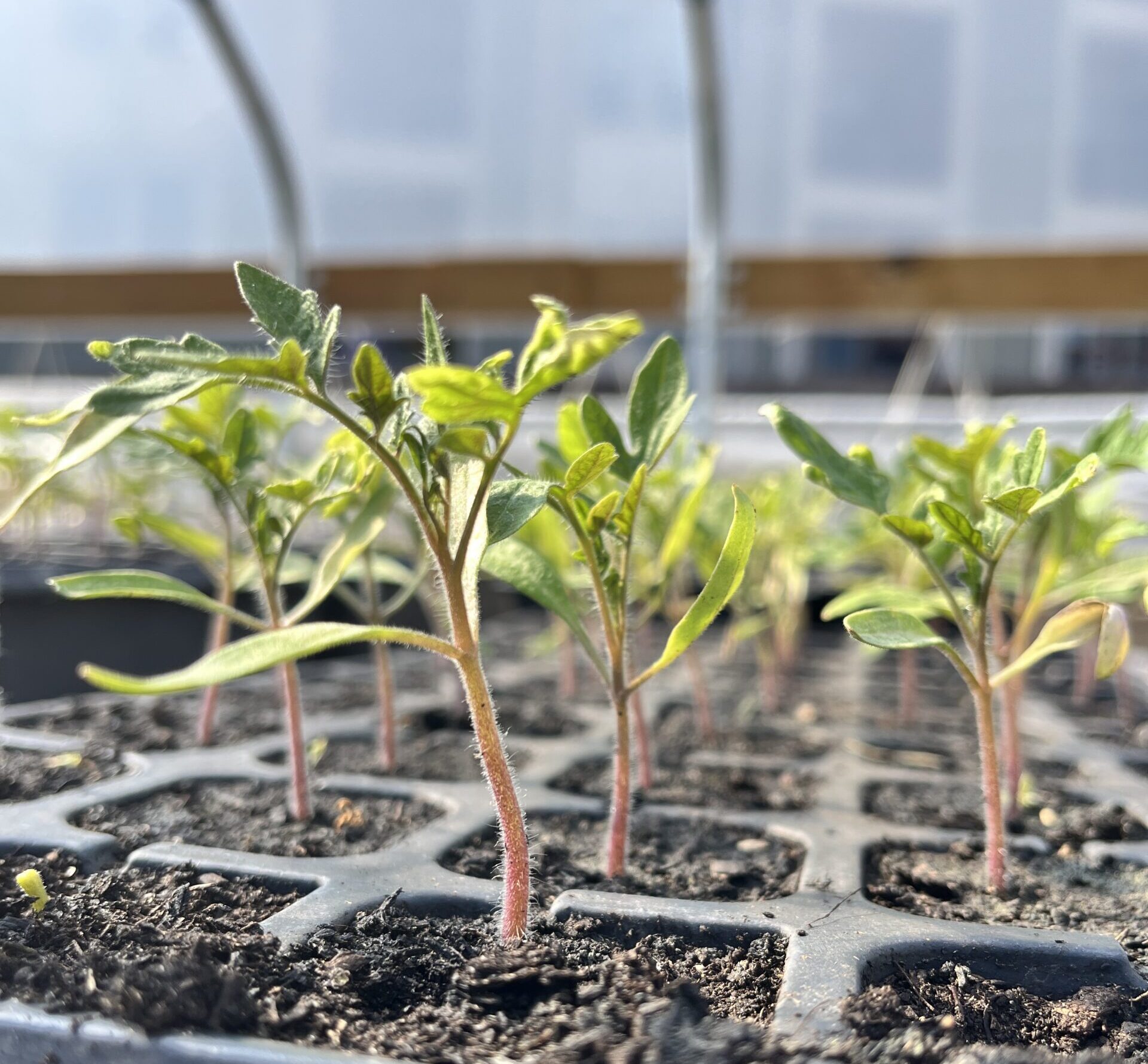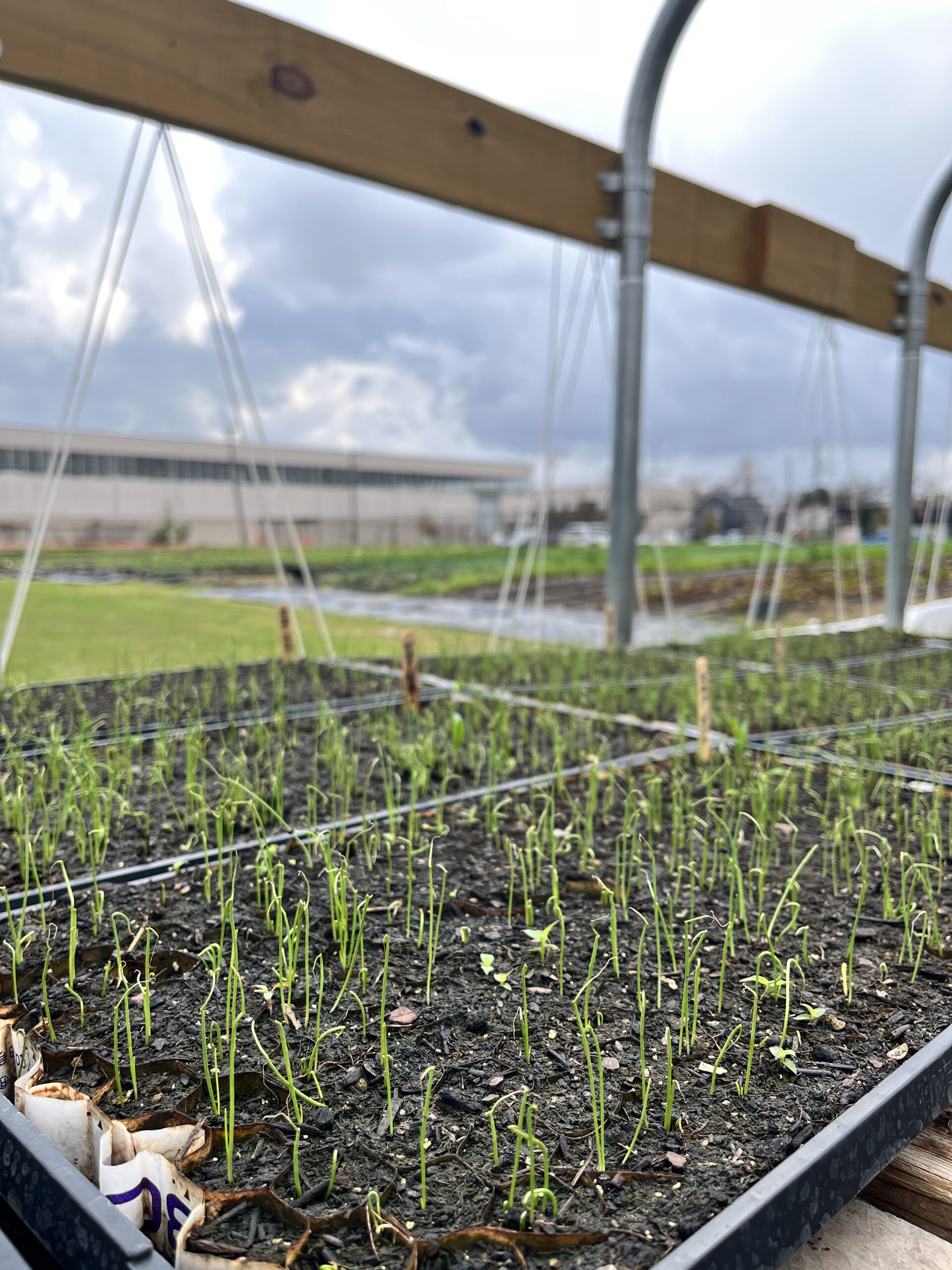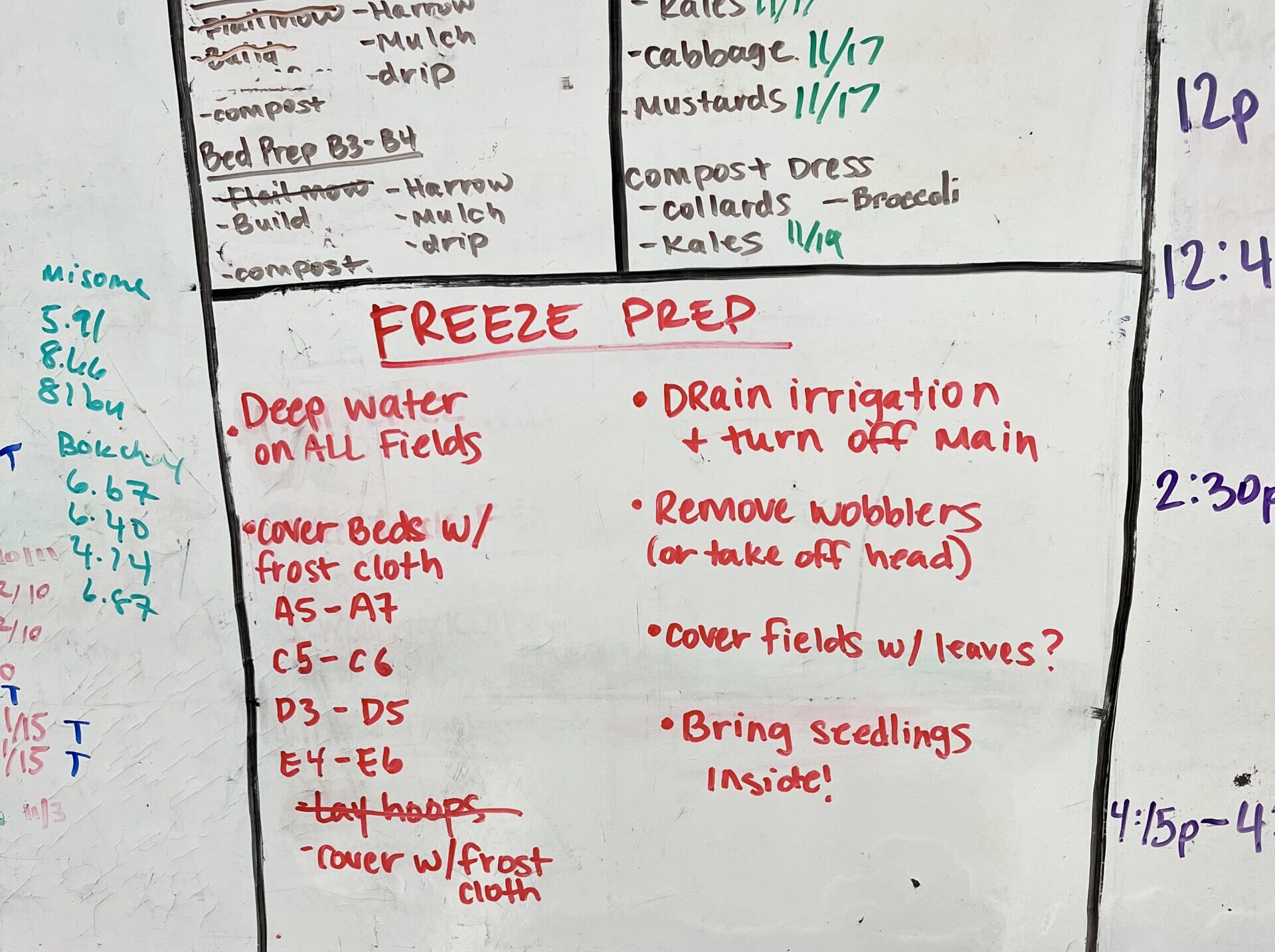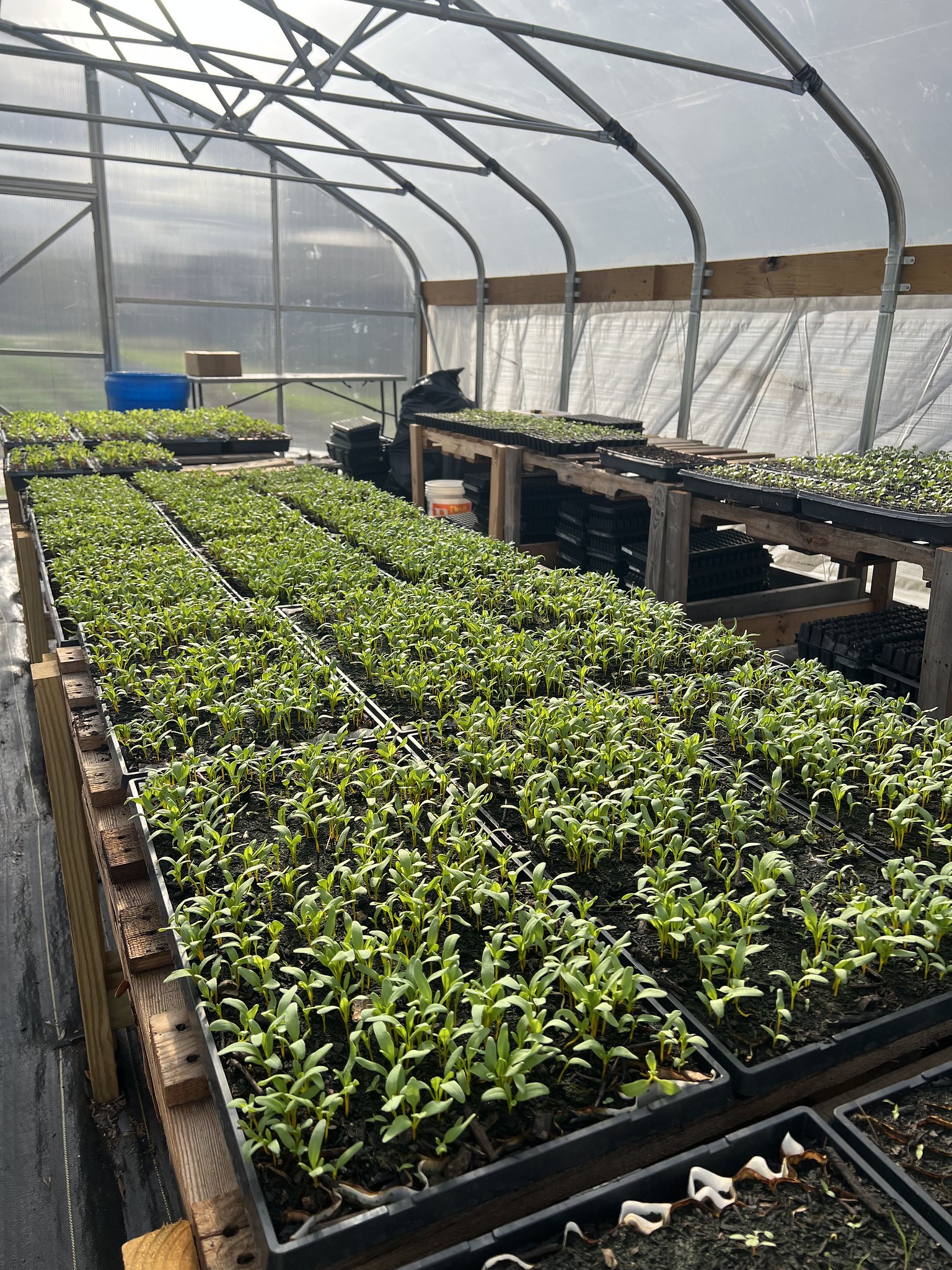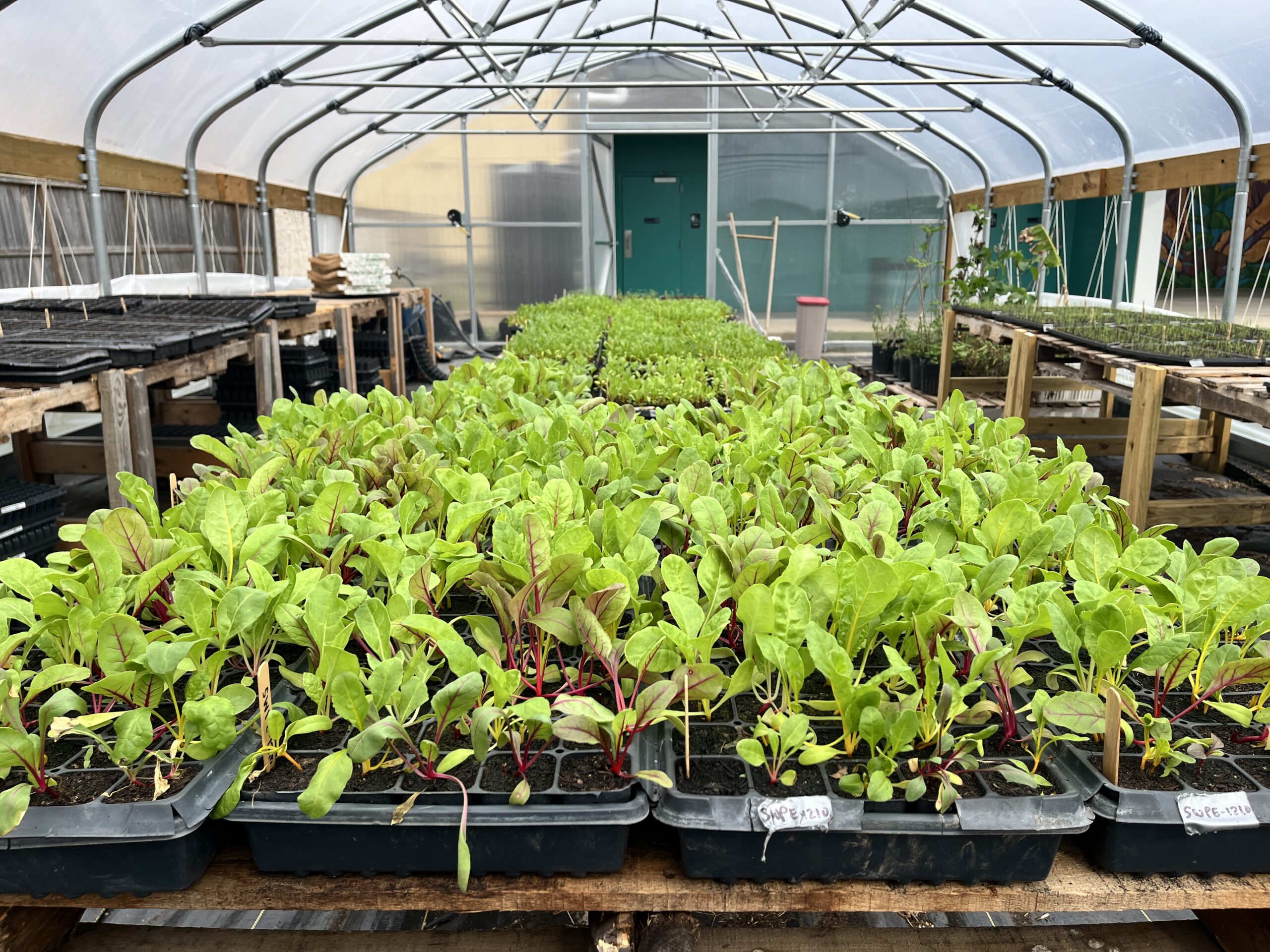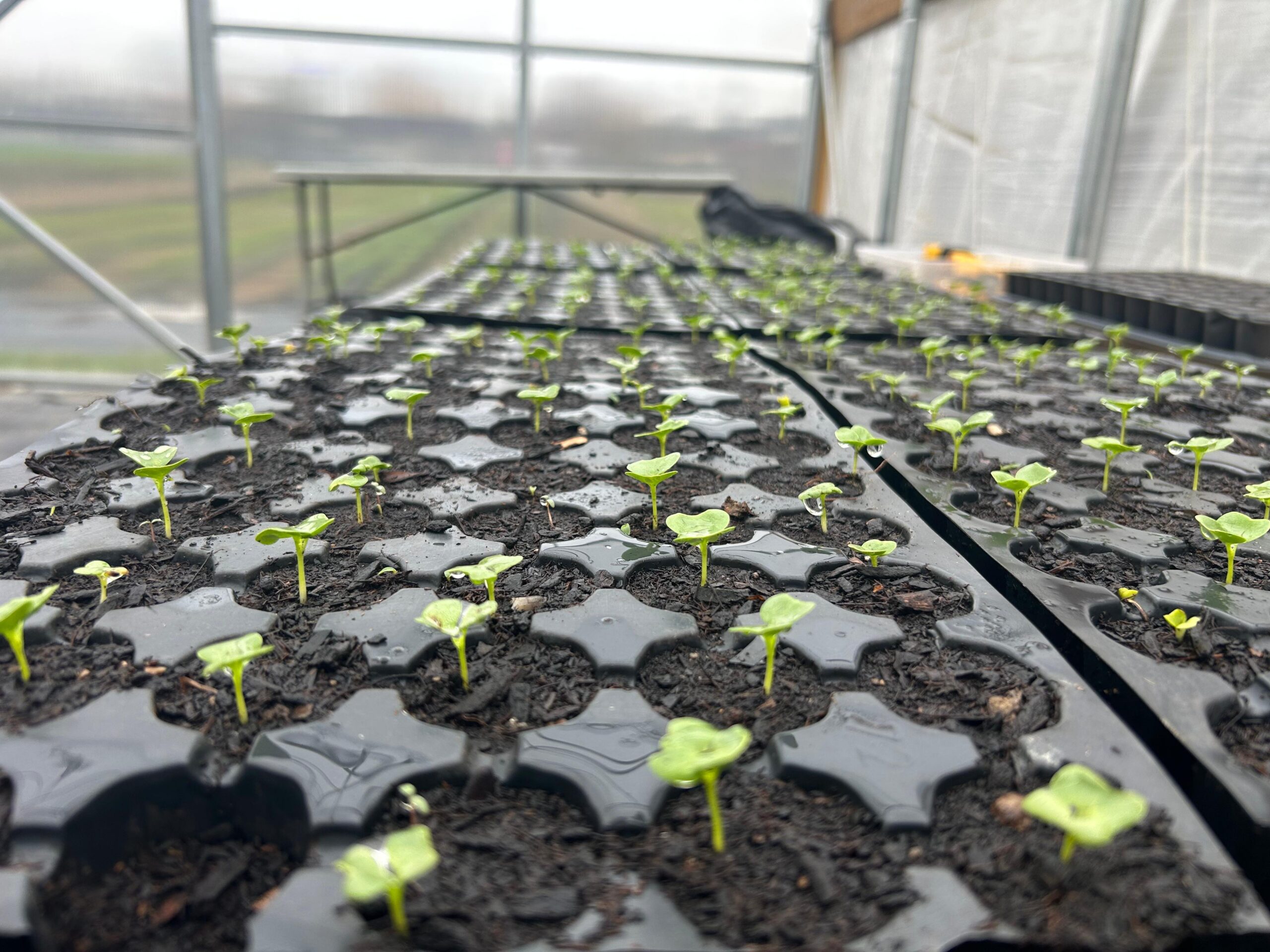Breweries, farm-to-table restaurants, farmers markets, pop-up shops, music, art…
For many of us, these are the first thoughts that come to mind when we talk about supporting local. We have become more conscious about where we spend our money, doing our best to always ensure that the products we buy and establishments we frequent are locally made or locally source their items. My biggest concern is that “Local” has become a marketing gimmick and when that happens (like with “Sustainable”) the true meaning and intention of “why” it’s important gets eroded and lost.
For the past 5 years we’ve been living, working, and spending almost all of our time in the Second Ward, Magnolia Park and Eastwood neighborhoods, staying within just a few miles of the farm. We constantly meet new people at the farm that live nearby, eat at the small coffee shops and taquerias in the area, bike and walk to parks, attend civic and Super Neighborhood meetings, shop at the grocery store down the street. More and more we recognize the same faces each day, running into people we know practically everywhere we go. It’s begun to feel like a small town inside our big city.
We constantly encounter this nostalgia for the “small town” feel where “everyone knows everyone” and we can “leave the backdoor unlocked.” In a small town, you know everyone because you frequent the same restaurants, shop at the same stores, have kids that attend the same school, buy produce at the weekly farmers’ market, drink at the same bar, walk to the same park, and so on. The daily experience of interdependence is a way of life in a small town.
What’s so tragic about small town nostalgia is that the biggest barrier preventing this feeling in a big city is often ourselves. There are growing movements across the country – Complete Communities, walkable/bikeable streets, the maker movement, farm-to-table – that are all a manifestation of the same thing – the recognition of the loss of community. The aspects that make up the daily life in a small town are less present in our big cities – less frequently we are choosing to send our kids to the neighborhood public school, work in the same place we live, eat and shop at mom and pop establishments instead of big chains. The value of interdependence in a big city and small town are equally important. The challenge is that in a big city, we have a choice in whether or not we participate in our immediate community.
Hurricane Harvey laid bare just how much we depend on each other. It was incredible seeing the Houston community come together and go to extraordinary lengths to help and support complete strangers. As a Houstonian, I was proud to see how we as a city could step up in a time of need. What saddens me is that too many people were strangers when they shouldn’t be and it took a tragedy to learn their names. We are so good at addressing the big crisis but do so poorly when it comes to making the daily investments to support our neighbors.
The heart of community is relationships. Living in a place without having to personally invest in relationships with those that live and work around us is a huge hurdle preventing that small town feel. If we want to rebuild our communities, we must consciously and purposefully invest more of ourselves in the people around us, not just financially, but with our time, energy, and effort to establish meaningful relationships.
When we talk about “supporting local,” we must look past the products and marketing to the “who” surrounding us. “Local” doesn’t have a brand – it has a face and a name and lives next door. We just have to knock and be willing to open the door.
